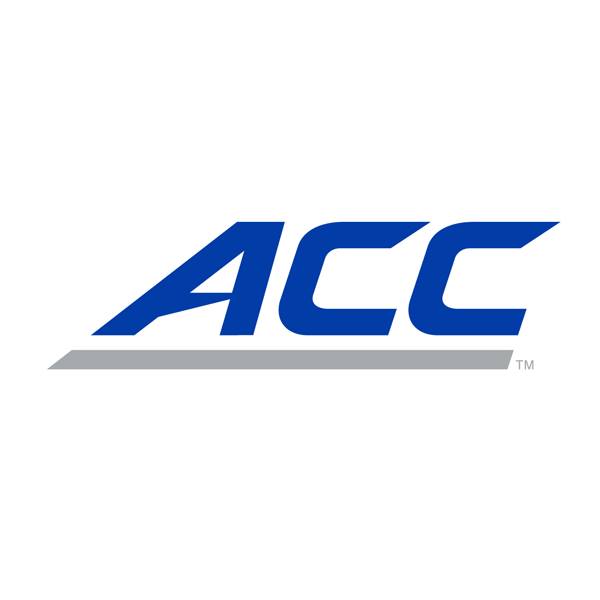Sportskeeda reported that under the terms of the ACC’s TV deal with ESPN, the network can renegotiate the deal if the membership falls under 15 . With Florida State looking to depart at any time, that posed a crisis for the ACC if ESPN insisted on a renegotiated the TV deal. Adding the (3)schools serves as a kind of insurance policy; it creates a cushion when Florida State and others who may want to exit.
The ACC also counts on the three new schools to bring in additional TV revenue, which can then be distributed to existing schools in an attempt to appease those who want more money. ESPN reports that California and Stanford will only receive 30% of the standard ACC payouts for some unspecified period of time, while SMU will apparently forgo all ACC TV revenues for nine years.
As inconvenient as the new geography is, there are some potential advantages — again, dealing with TV revenue. First, the ACC picks up two big markets, which puts its schools in front of potential recruits in Texas and California in a way they weren’t before. Second, this expands the ACC’s potential inventory of TV games that it can monetize. A start time of 9 p.m. EST for a November game in Blacksburg doesn’t really work but isn’t a problem if that game is in relatively balmy Berkeley instead.
Ultimately, though, the real advantage of this expansion is that it lessens the chance that the ACC will collapse, picked apart by scavengers from other conferences. If the ACC were to ever fall apart, some schools would have their pick of conferences and might actually be able to upgrade themselves in terms of TV revenue; others would not. ACC fans ought to love this expansion because it heads off, at least for now, the prospect of ACC Teams winding up in some lesser conference in the aftermath of an ACC apocalypse.
Link
The geography makes no sense, but Virginia Tech fans should embrace this expansion because one alternative is winding up in a lesser conference.
cardinalnews.org





